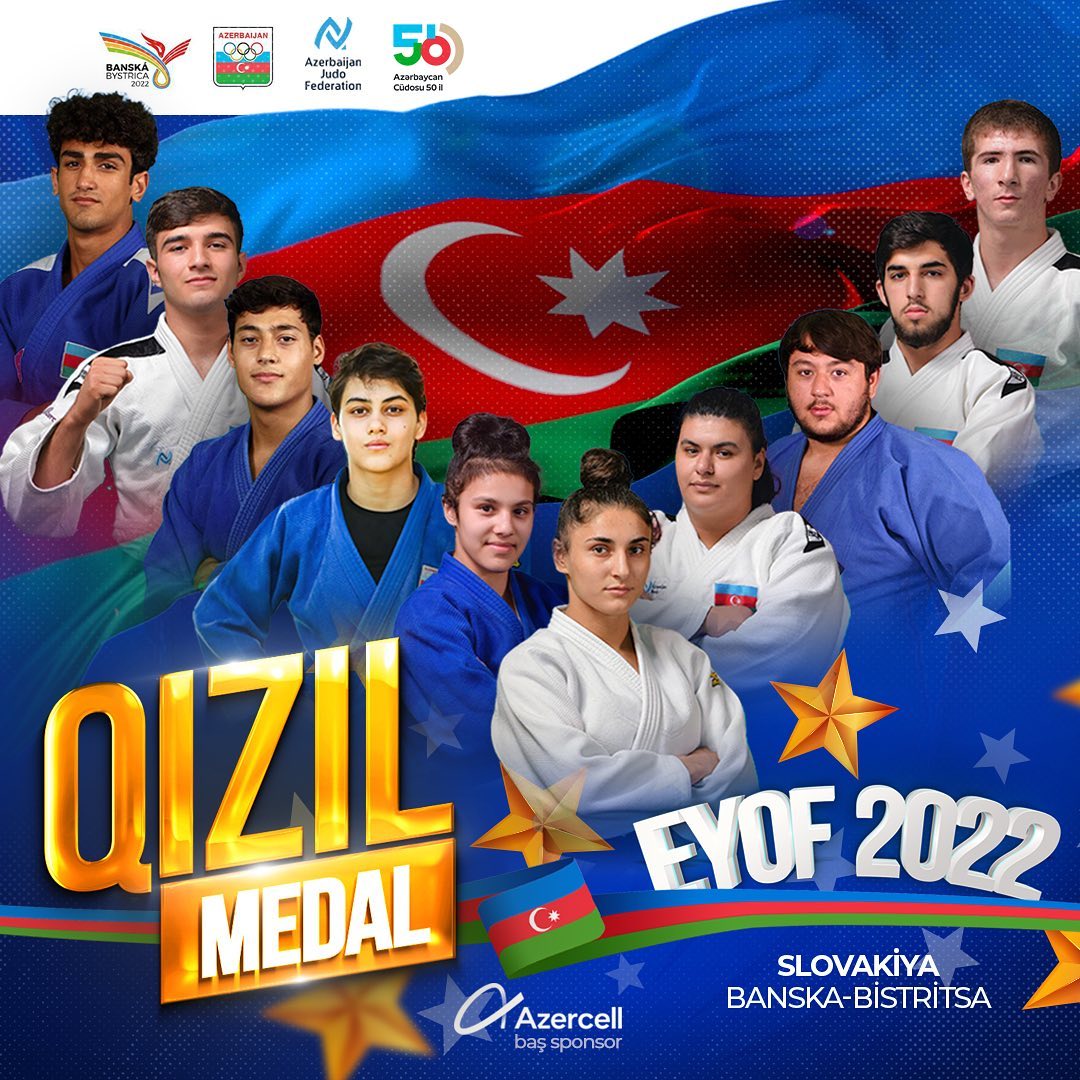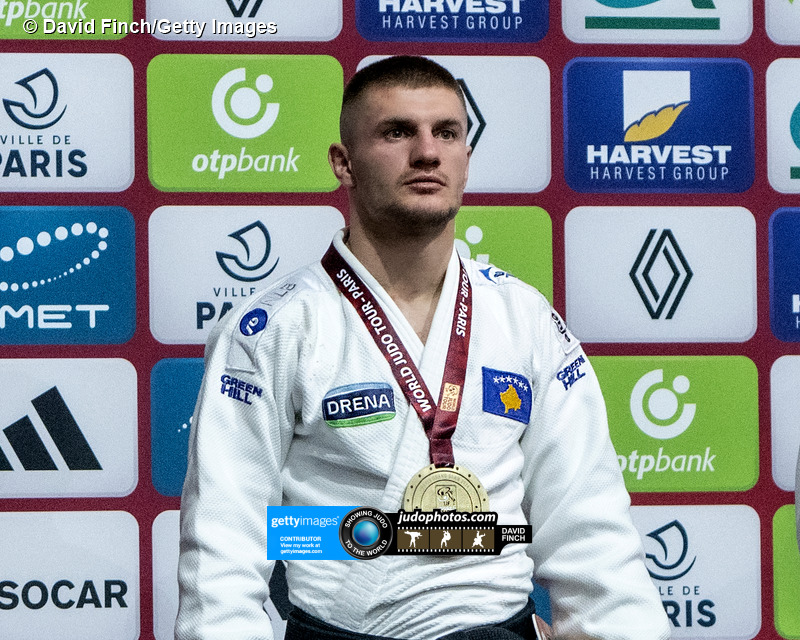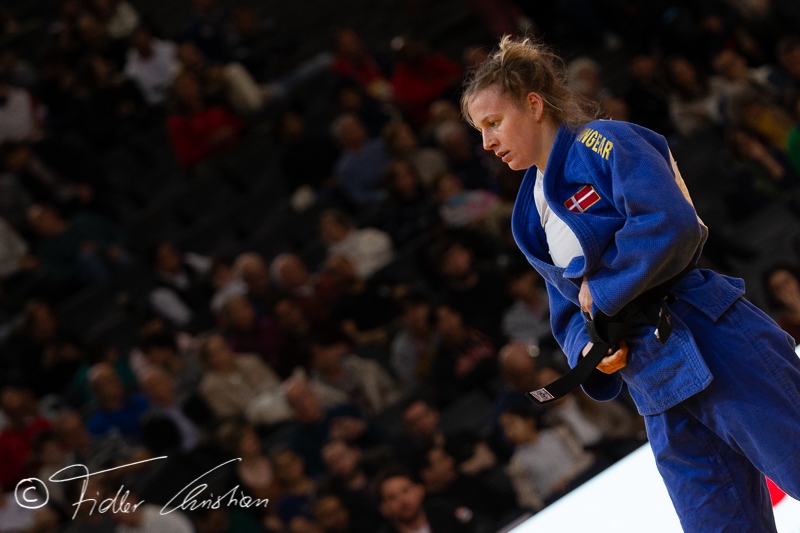Referees are part of the evolution in judo
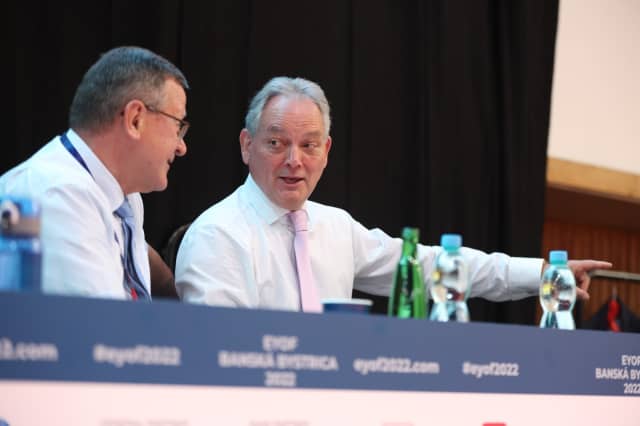
 8 Aug 2022 14:00
8 Aug 2022 14:00
 IJF Media team by Jo Crowley
IJF Media team by Jo Crowley
 Carlos Ferreira / EJU / Copyright: www.eju.net
Carlos Ferreira / EJU / Copyright: www.eju.net
Refereeing at an event such as the European Youth Olympic Festival is special. The refereeing in Banska Bystrica, Slovakia, is overseen at the highest level by the EJU Head Referee Commissioner Franky De Moor, himself an Olympic referee, and EJU Head Referee Director Alexandr Jatskevitch who was 3 times European champion and an Olympic medallist. Their remit is broad and complex because beside the obvious objective of ensuring the right winner leaves the mat after each contest, they must also mentor the referees.
The referees have been nominated by their federations and have spent countless hours practising and studying but most are not yet on the IJF Tour. EYOF and other European championships are part of the gateway to that level. For those aspiring to make it to the Olympic Games, this stage is an immensely important part of their development.
Franky De Moor explains further, “At this level we are preparing the referees for the IJF level. The selection for EYOF is different from the Europeans. The Olympic Committees pick from the lists and then send names to the EJU and finally we select 12 referees and 3 reserves. These are not the absolute top but they are in the running to reach that top level and we hope in the future they will get there."
"The athletes here may have medals at the Olympics in the coming years. Many of the referees have completed ‘A’ licence examinations this year already and now it’s up to them and their performances to decide how they progress toward the top level of seniors.”
What is targeted is the inclusion of the EYOF referees at the Olympics, just as the judoka themselves aim at it. Everyone is developing, within their role, along a similar timeline.
“There is a lot of common ground between good referees and those at the very top. Everyone makes mistakes, naturally, even the best Olympic referees. With the supervisors and commissions we aim to fix all of them in real time to enable the right outcomes. The difference is that the best referees recover immediately. Those who are not yet ready lose confidence when a score is changed.”
This is just like the resilience needed by athletes. Much is spoken of the building of resilience in judo and it does not stop at the foot of competitive judoka. For referees there is something very public about their development, always under the spotlight when they make their biggest mistakes, seen by coaches, athletes, their peers and their mentors. To counter this incredible pressure is not easy and with that in mind maybe we can understand just how tough it is to overcome that and climb all the way to the Olympic tatami; it really is a special kind of courage. Judoka are expected to make mistakes. Coaches make mistakes and they are rarely highlighted, perhaps not even considered.
For Alexandr and Franky, both of whom have been involved for several decades, it is remarkable to work with them and know they are still motivated and focussed. How do they stay fresh?
Franky elaborates “Our main task is to help the referees to get better. At all events but especially in Cups and Opens, we are not just the commission but also their coaches. Sometimes they need encouragement and congratulations, just like developing judoka do. So we are working with people, not just rules and this brings variety and motivation."
Every 4 years the EJU Referee Commission is at the beginning of the new cycle and makes a list to send to the IJF. Also, there will usually be rule updates to navigate.
Franky De Moor: "There is always a good link between the EJU and IJF. We are always very cautious to ensure our analysis of clips is consistent with the IJF explanations.”
“We only make changes to a call when we are 100% sure. That is the measure of the refereeing. On day 2 we had a lot to do but on day 1, not so much. We have to have evidence to support our decisions too and actually now with the care system and video review, we have that.
Alexandr agrees, “When the refereeing is good we don’t have complaints from coaches and when there are complaints it tells us a story and we have to reflect. The job requires more concentration at this level than at the very top level and it sometimes feels as if we are also refereeing, having to stay very focused and aware during long days. When we get up to the senior Europeans, the referees really have to perform a bit but at the opens and cups, they must practice, just as the judoka do.”
 like
like
 share
share
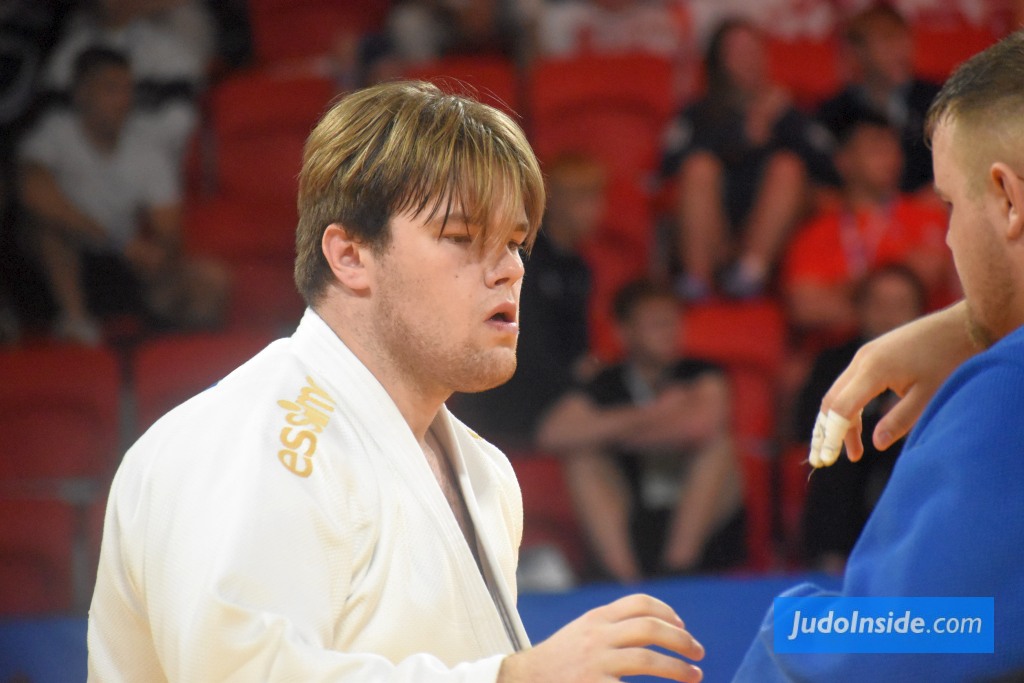
| Result | City | Date |
|---|---|---|
| 2 | Paris | 2024 |
| 1 | Abu Dhabi | 2024 |
| 1 | Zagreb | 2024 |
| 3 | Belgrade | 2023 |
| 2 | Montpellier | 2023 |


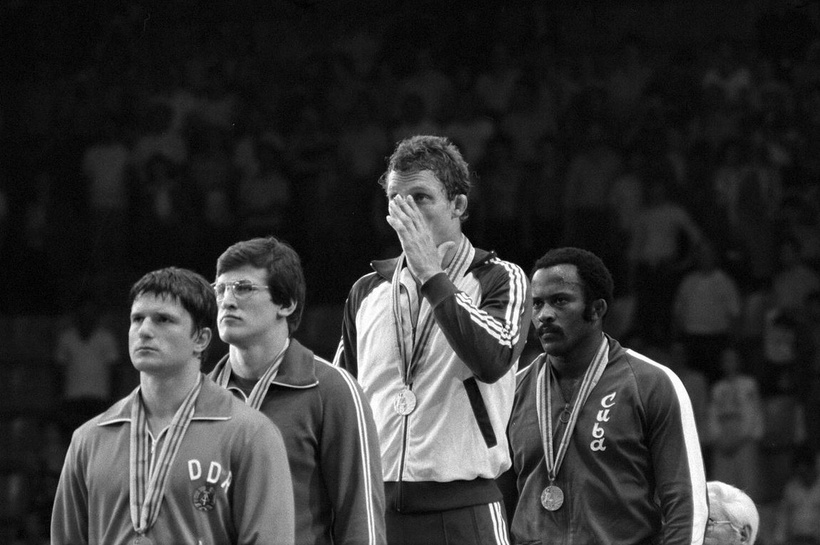
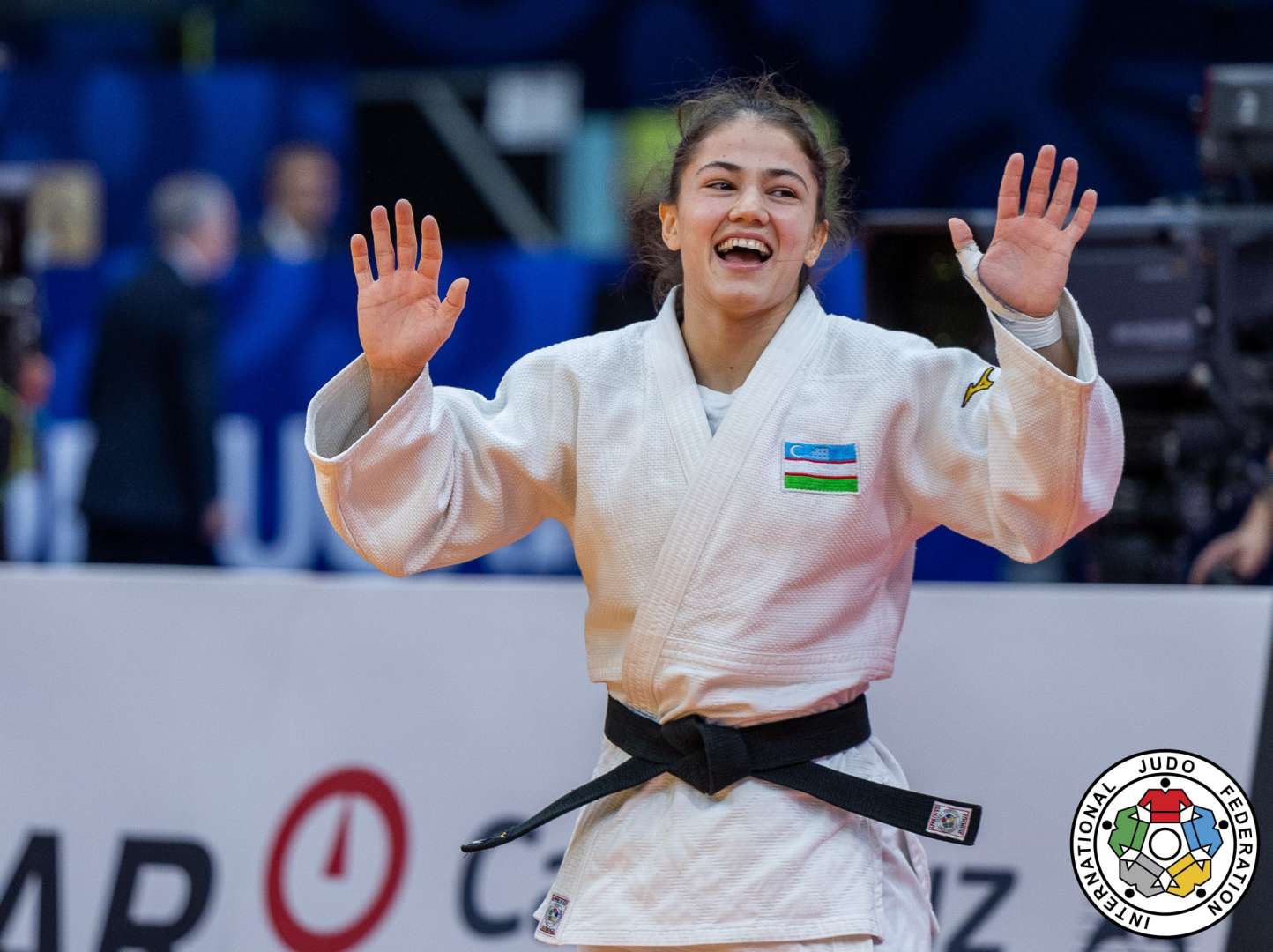
_01.jpg)
.JPG)
